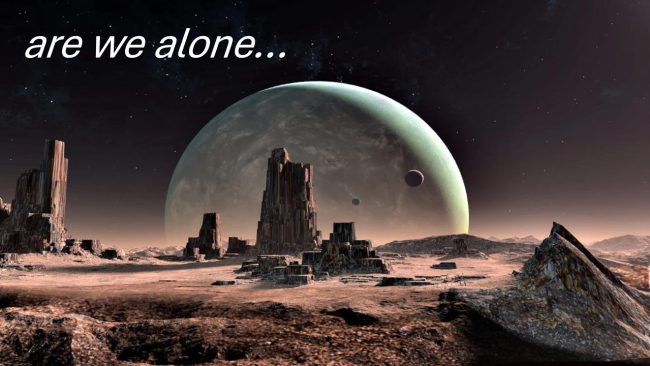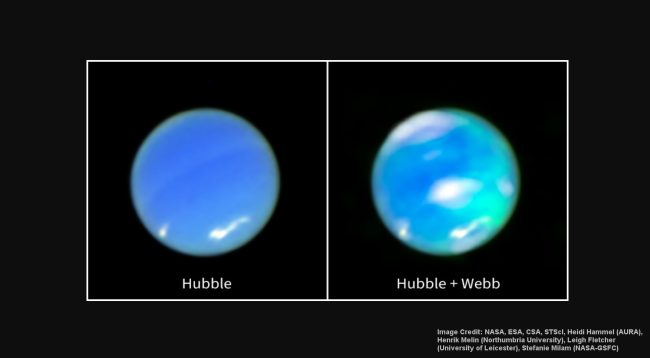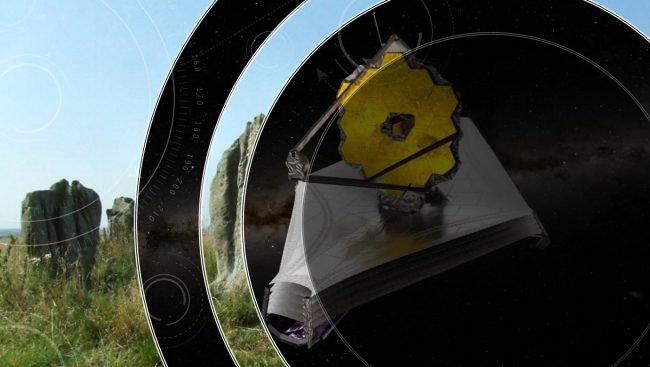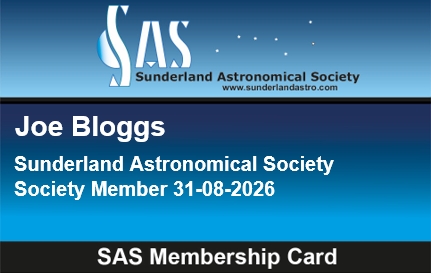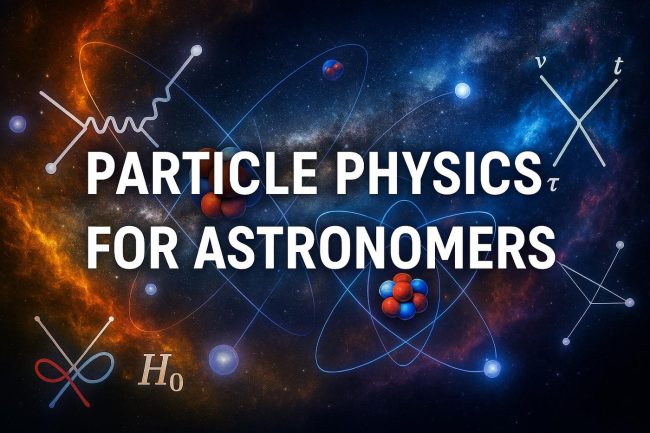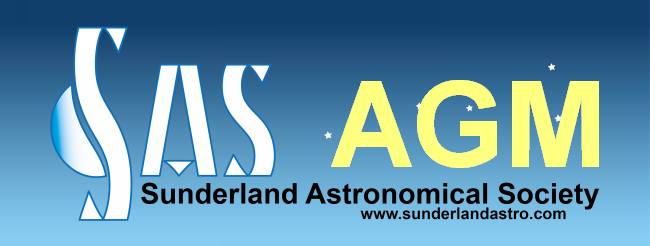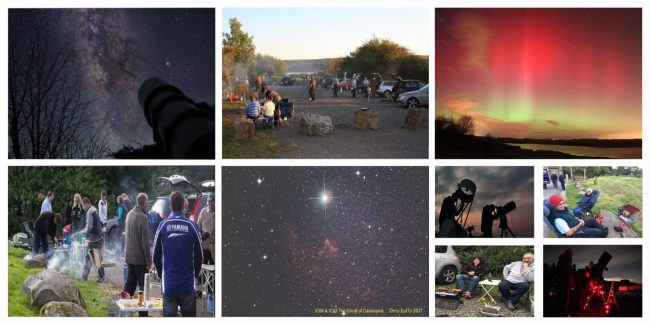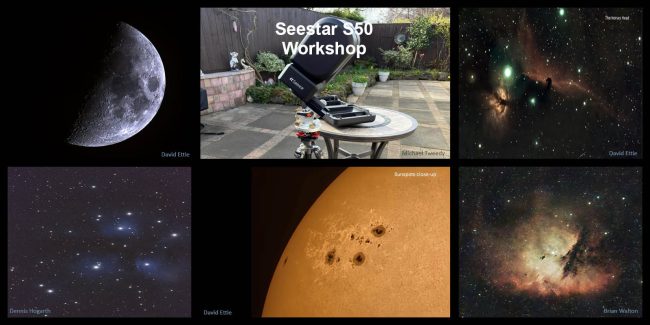The latest news from Sunderland Astronomical Society
Whether humanity is alone in the universe is currently unknown, though many scientists consider it statistically unlikely given the trillions of galaxies, stars, and planets in the cosmos. While no definitive evidence of extra-terrestrial life has been discovered, ongoing searches are focused on finding habitable exoplanets, atmospheric biosignatures, and potential techno signatures. Key Perspectives and…
Professor Tom Stallard (Northumbria University) will be giving a talk to the SAS in person at our base of operations (Washington Wetlands Centre(in the Discovery Room)) on a Grand Tour of Neptune then Uranus. In November 2025 and January 2026, we are undertaking a Grand Tour of Neptune then Uranus. Watching these planets for an…
In this talk we shall examine humanity’s developing knowledge of science and the universe of which we are a part over the millennia. We shall do this by considering the staggering leap forward from using standing stones as calendars to launching telescopes into space.
September is the start of our new season. SAS Memberships will be due from 1st September 2025 (payable throughout September) for this season 2025/2026 Joining/Renewing helps support your local astronomical society & community. So come on down to the Cygnus Observatory (based at the Washington Wetlands Centre) to join or renew your SAS membership. The SAS is the largest…
In this talk Dr Julian Onions (Nottingham University) will give an insightful introduction to particle physics, so that you know how to tell your proton from your quark, and your bosons from your hadrons and how we use them in astronomy.
The Sunderland Astronomical Society AGM will be taking place on Sunday 26th October 2025 from 7:00 pm at our base of operations Discovery Room at the Washington Wetlands Centre. SAS members are invited to attend, listen to chair’s reports and vote in the election of the committee and nominations are asked from the SAS members. The agenda is…
A supernova occurs when a star that is too massive to die quietly explodes at the end of its life. The energy released in this explosion is so large that the star becomes more than a hundred billion times as bright as the Sun for a period of six months to a year. The talk…
To kick of our 2025-2026 Astronomy Society season of talks with a bang, you are in for a real treat. As part of 3 parts of a 6 part Series in Exploring the Solar System we welcome a good friend to SAS Dr Steve Barrett. In these 3 short talks Dr Steve Barrett (Liverpool University)…
This year’s Starbeque will be held at our usual venue, the Millshields car Derwent Reservoir on Saturday 27th September 2025. We meet around 3pm for our picnic / barbeque and continue into the night for stargazing. If the weather forecast is for cloud or rain will not stop the event going ahead, but we…
Something a bit different for the July lecture night. In recent years “Smart Telescopes” have arrived on the astronomy scene. Smart telescopes offer an automated way of doing astronomy and astrophotography, albeit at a quite expensive price. If you have a Seestar S50, or are are thinking of getting one, or would like to know…

